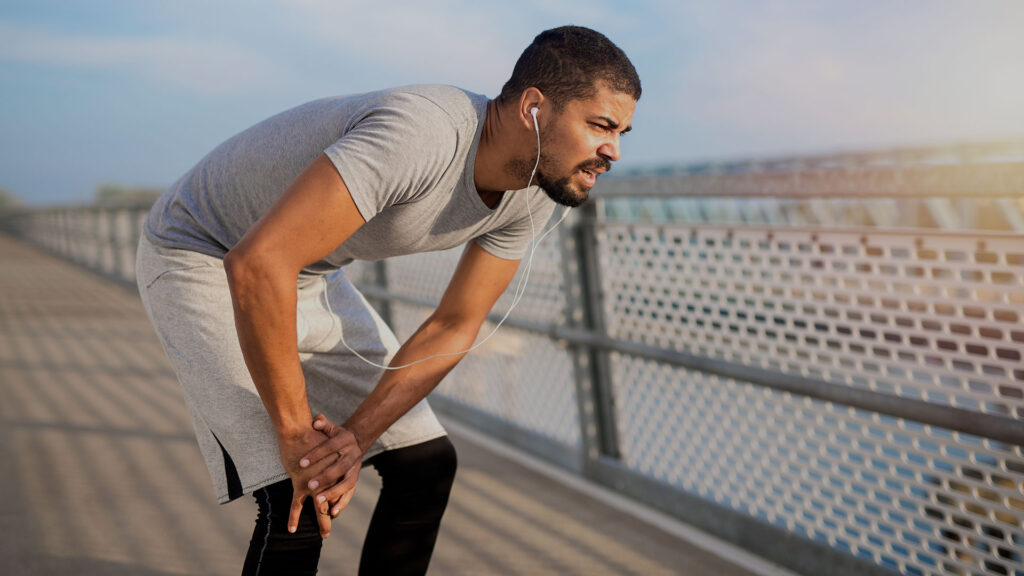Physical activity plays a pivotal role in promoting men’s health and well-being. Leading a sedentary lifestyle can contribute to a range of health issues, including heart disease, obesity, and mental health concerns. In this article, we will explore how physical activity positively affects men’s health and why it is crucial for their overall well-being.
Cardiovascular Health

Regular physical activity, such as aerobic exercises, is known to enhance cardiovascular health. It strengthens the heart muscle, lowers blood pressure, and improves circulation. These benefits significantly reduce the risk of heart disease and related conditions, which are prevalent among men.
Weight Management

Maintaining a healthy weight is essential for men’s health. Engaging in physical activity helps burn calories, build lean muscle, and regulate body weight. It is a key component in preventing obesity and the health complications associated with it, including diabetes, certain cancers, and sleep apnea.
Mental Health
Physical activity has a profound impact on mental health. Regular exercise releases endorphins, which are natural mood elevators. Men who engage in physical activity often report reduced stress, anxiety, and depression. It can also improve sleep quality, providing additional mental health benefits.
Bone Health

Osteoporosis is not limited to women; it affects men too. Weight-bearing exercises, such as weightlifting and resistance training, can help maintain and increase bone density. This is vital for preventing fractures and maintaining bone health as men age.
Prostate Health
While exercise is not a direct treatment for prostate issues, it can contribute to a healthier prostate. Studies have suggested that men who are physically active may have a lower risk of developing prostate problems, including prostate cancer. Regular exercise can also improve urinary function.
Social Interaction

Participating in physical activities often involves interacting with others, which can contribute to improved social well-being. Joining sports, fitness classes, or even going for group walks or runs can enhance social connections, reduce feelings of isolation, and contribute to mental health.

